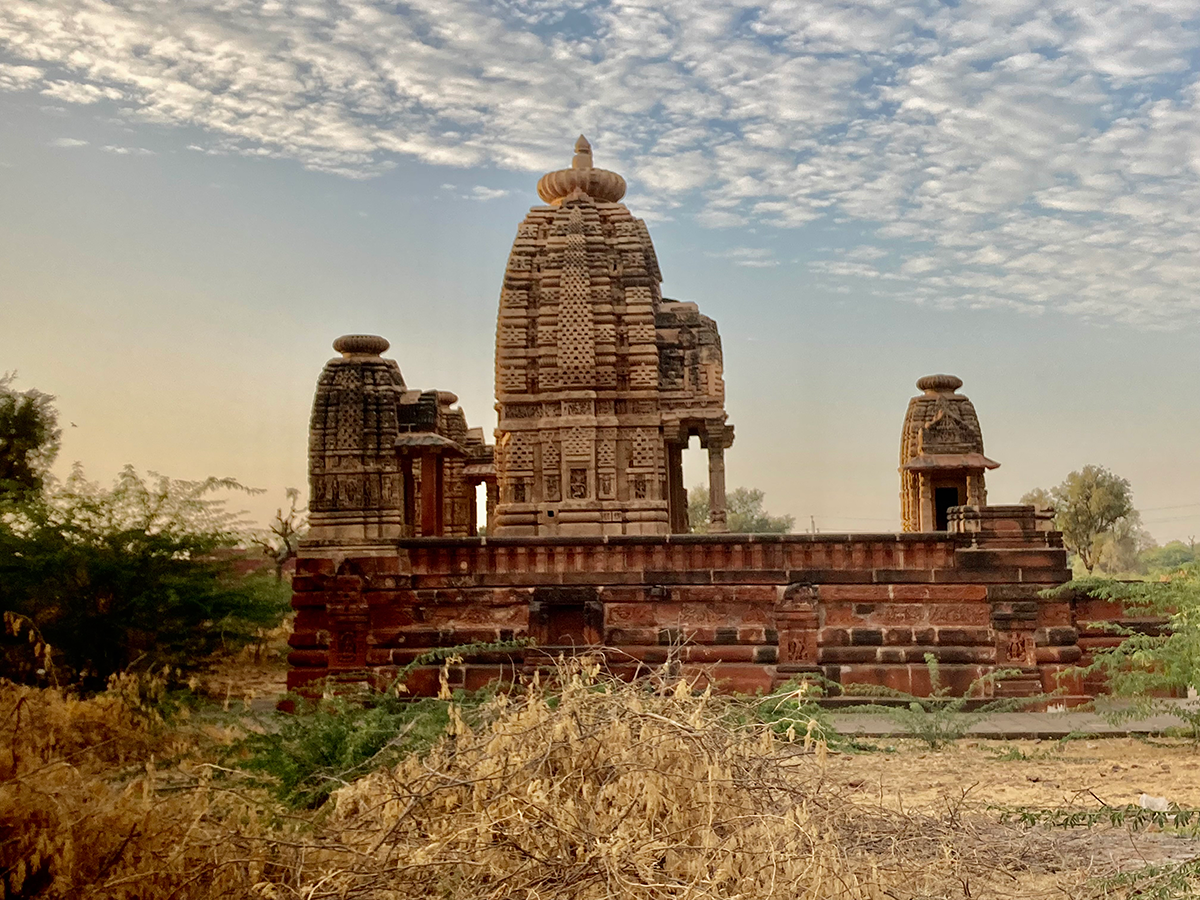Bodies & Buildings: Studies in the Temple Architecture of South Asia

As right-leaning actors and decolonization projects take center stage in contemporary India, temples - built by Buddhists, Jains, and Hindus across South Asia since the early centuries CE - have become a sensitive mass political issue and merit renewed scholarly scrutiny. This seminar introduces students to issues, themes, and methods in the study of temples.
The seminar commences with an interrogation of the archaeological and textual record to query the social, symbolic, and formal origins of traditions of temple architecture. Thereafter, it maps their vibrant relationships to physical landscapes and charts the development and dispersion of regional modes. Innovative ways in which humans and temples have shaped and reflected one another are considered: encounters have ranged from a patron's limb providing the unit of measure for a shrine to the temple built as the dwelling and body of a gendered, juridical, and permeable being. The seminar concludes with representations of temples in colonial and postcolonial periods.
The seminar includes visits to temples and museums in the Ann Arbor area to understand how sacred space is experienced and critically appreciate the enduring force of temples as monuments, symbols, political grounds, and ritual theatres.
Credits: 3 Credit Hours
Course Format: Two-80-minute lectures per week, sometimes held in the classroom and at other times at UMMA and/or other venues on campus
Estimated Cost of Materials: $50-$100
Intended Audience: Graduate Students
HISTART Concentration Distributions: C: Asia and 5: Transhistorical
Keywords: geography, ecology, decolonization, materiality, mobility, religion, technology